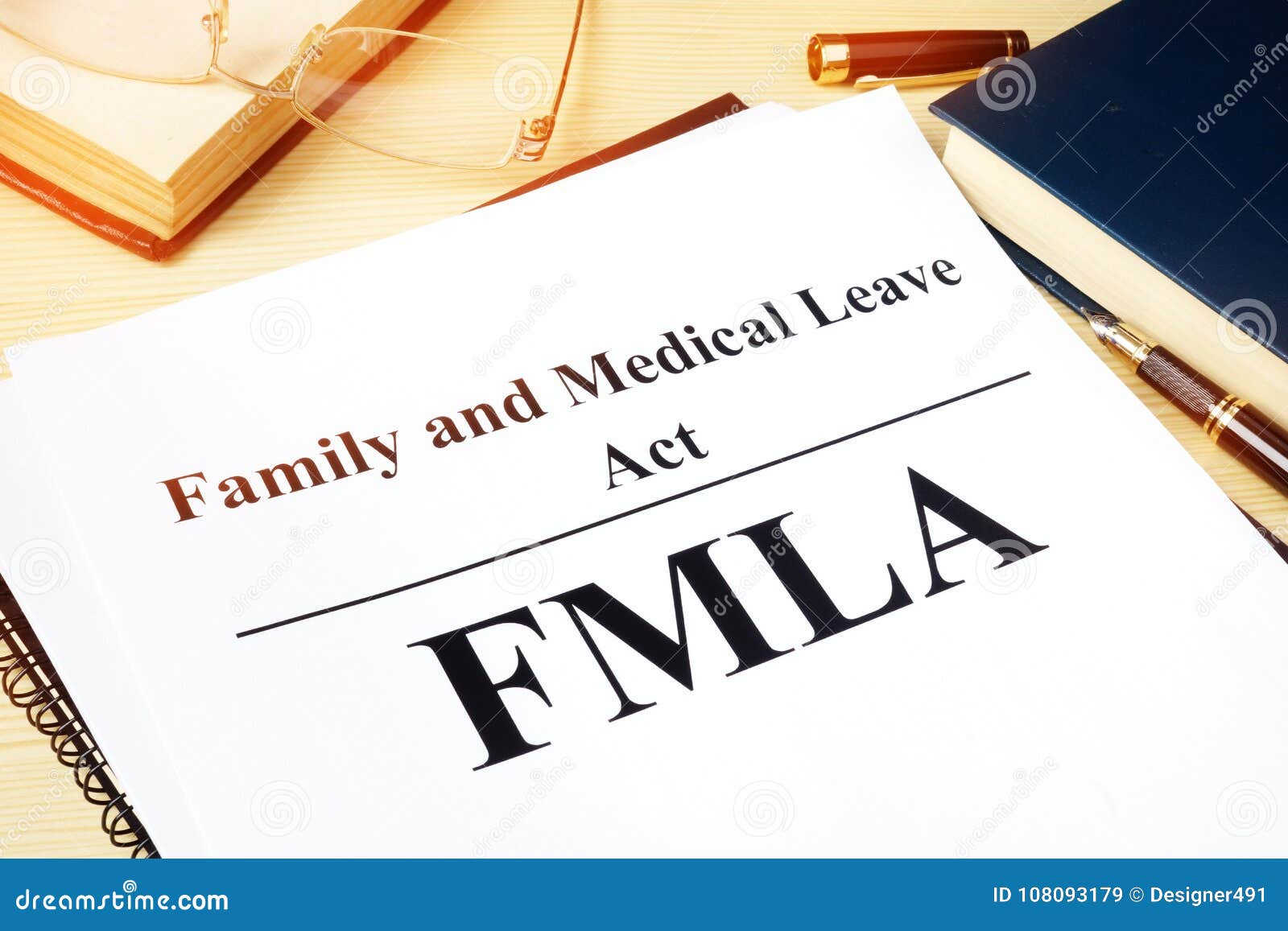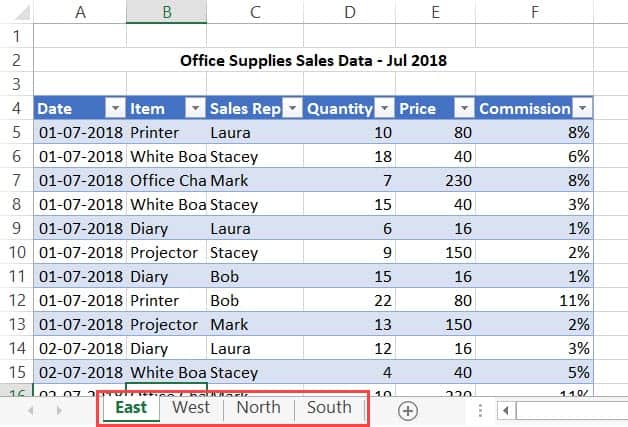Can You Be Fired with FMLA Protection?

When it comes to your job security, understanding the Family and Medical Leave Act (FMLA) can be as crucial as knowing your company's holiday schedule. The FMLA is designed to give employees job protection when they need to take unpaid leave for certain family and medical reasons. However, the waters can get murky, and many employees wonder if they can be fired while under the protective umbrella of FMLA.
Understanding FMLA Rights and Protections

First and foremost, let’s dive into what the FMLA offers:
- Eligibility: Employees must work for an employer with 50 or more employees within 75 miles, must have worked for the company for at least 12 months, and have at least 1,250 hours of service during the 12 months before the leave.
- Covered Reasons for Leave: This includes serious health conditions, birth or adoption of a child, caring for a spouse, child, or parent with a serious health condition, and military family leave events.
- Leave Duration: Up to 12 weeks of unpaid leave in a 12-month period for most reasons, but up to 26 weeks for military caregiver leave.
What's significant about these protections is that:
- The employee must be restored to the same or an equivalent job upon return.
- Employers must maintain the employee's health benefits during the leave as if the employee had continued to work.
Can You Be Fired While on FMLA?

The FMLA does not provide absolute job security, but it does offer protections against termination:
- Retaliation: Employers cannot use an employee's exercise of FMLA rights as a negative factor in employment decisions or as a basis for discharge.
- Termination for Other Reasons: An employee can be fired while on FMLA leave, but it must be for reasons unrelated to the leave, such as performance issues, company downsizing, or other legitimate business reasons. The employer must have evidence that the termination was not in any way related to the FMLA leave.
Here's where things can get tricky:
- If an employee had performance or conduct issues before taking FMLA leave, the employer can terminate if those issues continued or if the employee doesn't return after the FMLA leave.
- If the employer believes the employee is abusing FMLA rights, they might terminate, but they need to have substantiated claims with proper documentation.
Steps to Take if You Feel You've Been Wrongfully Terminated

If you believe you've been fired due to your FMLA leave, here's what you should do:
- Document Everything: Keep records of all communications related to your leave, including any leave requests, medical certification, and correspondence with your employer.
- Seek Legal Advice: Consult with an employment attorney who specializes in FMLA or labor law to review your situation.
- File a Complaint: You can file a complaint with the Department of Labor’s Wage and Hour Division or with your state labor department if your state has additional protections.
Remember:
⚠️ Note: The burden of proof is on the employer to show that the termination was unrelated to the FMLA leave.
Can Employers Discipline or Fire for Attendance After FMLA Leave?

One common misunderstanding is whether an employer can penalize an employee for absences after FMLA leave:
- While on FMLA leave, absences count as FMLA leave, and these cannot be used against the employee for disciplinary reasons.
- Once back at work, normal attendance policies apply unless the employee has a documented intermittent FMLA leave.
Intermittent Leave and Job Performance

Intermittent leave can pose additional complexities:
- If the intermittent leave was foreseeable and properly notified, the employer cannot discipline for those absences.
- If an employee uses FMLA leave as a sort of “sick days” without proper medical certification, they risk losing their job for performance issues.
The Importance of FMLA Certification

Employers can request:
- Medical Certification: To confirm the reason for leave is FMLA-qualifying.
- Second Opinions: At the employer’s expense, if there’s a reasonable question about the employee’s certification.
- Recertification: Periodic recertifications if the need for leave is long term or intermittent.
Protecting Your Job Through FMLA Compliance

To maximize your job protection under the FMLA:
- Provide proper notice and documentation.
- Stay in contact with your employer during your leave.
- Ensure your return-to-work plan is clear and agreed upon with your employer.
After returning from FMLA leave, many employees wonder about their:
| Situation | Consideration |
|---|---|
| Back Pay | No requirement for FMLA to be paid leave. |
| Job Restoration | Most often to the same or equivalent position with equivalent pay, benefits, and other employment terms. |
| Performance Reviews | Employers can factor FMLA-related absences into performance reviews if the leave was foreseeable and reasonably anticipated. |

The world of employment law and FMLA can be intricate. If you're navigating these waters, remember that the key to job security while on FMLA leave is understanding your rights, complying with employer requests for information, and documenting your leave thoroughly. Should you face termination, consulting with an attorney can provide clarity and a pathway to possible recourse.
Can I take FMLA leave for a spouse’s illness?

+
Yes, you can take FMLA leave to care for your spouse if they have a serious health condition. Your employer can request medical certification from your spouse’s healthcare provider to verify the need for care.
What if my employer does not return me to my same job after FMLA leave?

+
If your employer doesn’t reinstate you to your same or an equivalent position, you may have a claim for job reinstatement and possibly back pay. You should consult with an employment attorney to assess your case.
Can I be fired for taking FMLA leave right after starting at a new job?

+
Employees must have worked for their employer for 12 months to be eligible for FMLA. If you’ve been employed for less time, your FMLA rights do not yet apply. However, you might be protected by state laws or other anti-discrimination laws.
What should I do if I think my FMLA rights have been violated?

+
Start by documenting your situation, then seek legal advice from an attorney with expertise in employment law. They can guide you on filing a complaint with the Wage and Hour Division or pursuing other legal options.
Can FMLA leave be denied by my employer?

+
Your employer can’t deny FMLA leave if you’re eligible and have provided proper notice and certification. They might deny leave if the request does not meet FMLA criteria or if proper procedures are not followed.



